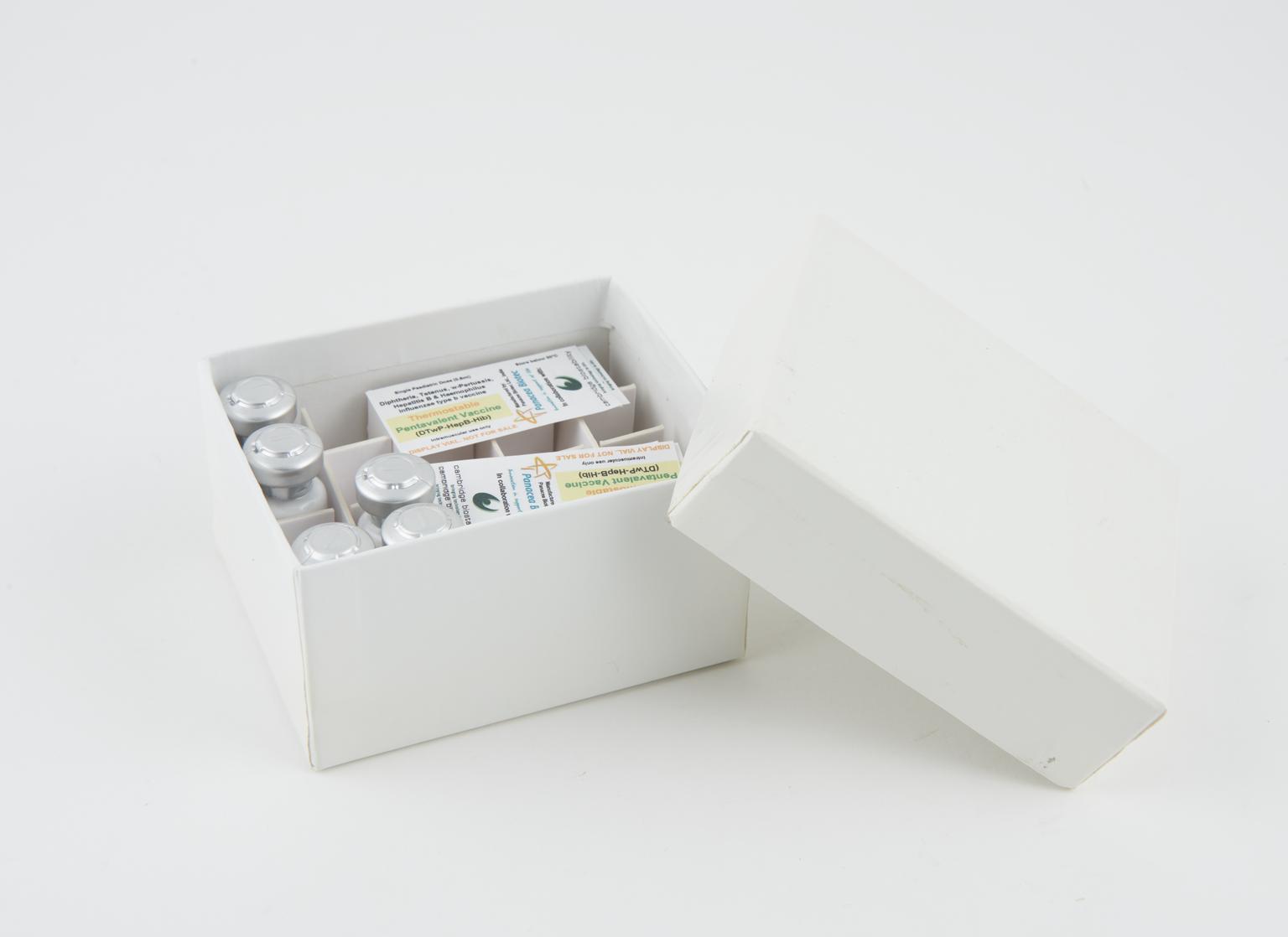Cell Sentinel: Hepatitis B is a serious viral infection that can cause liver damage, cirrhosis, and even liver cancer. The virus is transmitted through contact with infected blood or other body fluids, and it is estimated that over 350 million people worldwide are living with the disease.
There is no cure for hepatitis B, but there are treatments available to manage the virus and prevent its progression. One such treatment is the cell sentinel, which is a new type of therapy that shows promise in neutralizing the virus. In this blog post, we will explore the cell sentinel therapy and how it could potentially help those living with hepatitis B. We will also discuss the current state of research and what the future holds for this promising new treatment.
The Cell Sentinel is a new class of antiviral drugs that has shown promise in clinical trials for the treatment of hepatitis B. The drug works by targeting and destroying the viral particles that cause the disease. This is different from traditional antiviral drugs, which work by inhibiting the replication of the virus.
Cell Sentinel was developed by researchers at Stanford University and is currently being tested in Phase III clinical trials. If these trials are successful, Cell Sentinel could become the first approved treatment for hepatitis B.
Cell Sentinel is a potentially groundbreaking new treatment for hepatitis B, a disease that affects millions of people worldwide. If approved, it could help to finally control this devastating virus.
Hepatitis B is a serious and potentially life-threatening liver infection caused by the hepatitis B virus (HBV). HBV is transmitted through contact with the blood or other body fluids of an infected person. The virus can be spread through sexual contact, sharing needles or other drug-injection equipment, or from an infected mother to her baby during childbirth.
Most people who are infected with HBV will recover completely on their own. However, some people will develop chronic hepatitis B, which can lead to serious health problems such as cirrhosis (scarring of the liver) and liver cancer. There is no cure for hepatitis B, but it can be controlled with medication.
If you think you may have been exposed to HBV, it is important to get tested right away. Early diagnosis and treatment can prevent serious health problems down the road.
The Cell Sentinel is a device that uses light to inactivate the hepatitis B virus. The device is placed over the liver, and the light penetrates the skin and destroys the virus. The Cell Sentinel is FDA approved and has been shown to be safe and effective in clinical trials.
The Cell Sentinel is a new, revolutionary treatment for hepatitis B that uses your body’s own cells to fight the virus. This innovative approach to treating hepatitis B is currently being studied in clinical trials and has shown great promise in early studies. The Cell Sentinel is unique because it does not require daily injections or life-long treatment, and it has minimal side effects. The Cell Sentinel is still in development and is not yet available for general use, but it holds great promise for those suffering from hepatitis B.
Yes, there are potential side effects associated with the use of the cell sentinel. These include:
-A decrease in the ability to fight off infection
-An increase in the risk of developing cancer
-A weaken immune system
If you have any concerns about these or other potential side effects, please consult with your healthcare provider.
The Cell Sentinel That Neutralizes Hepatitis B is a new product on the market that claims to be able to neutralize the hepatitis B virus. The company behind the product, Cellecure, is currently running a clinical trial to test the efficacy of their product. The cost of the Cell Sentinel is not yet known, as the product is not yet commercially available.
This article on the cell sentinel that neutralizes hepatitis B provides an in-depth look at how this new treatment works and why it could be so effective. The cell sentinel targets and attacks the virus, making it unable to replicate and causing it to eventually die out. This new treatment is still in development, but if it proves to be effective, it could provide a much needed cure for those suffering from hepatitis B.
- Quantum Breakthrough: Room-Temperature Superconductivity Achieved
- India’s Cricket Fervor Hits Fever Pitch as World Cup Final Nears
- India Takes on Australia in the 2023 ICC Men’s Cricket World Cup Final
- Pharma Jobs: AIIMS Raipur Announces Direct Recruitment for 31 Pharmacist and Dispensing Attendant Positions; Applications Open till July 31, 2023
- Got Utkarsh Small Finance Bank IPO? Find Out NOW! Simple Steps to Check Your Allotment Status!







